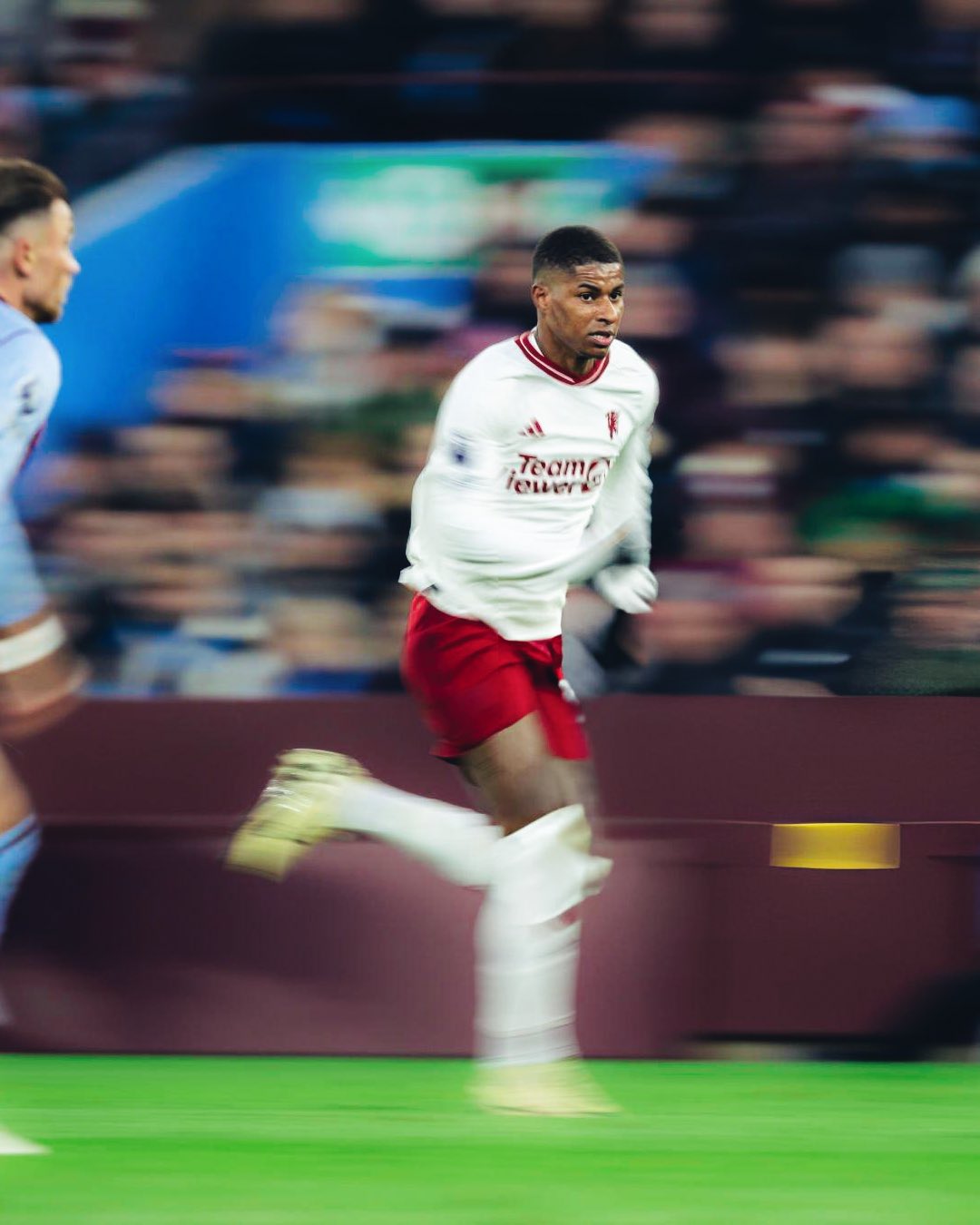Manchester United owners are planning to have players wear augmented reality (AR) cameras on their bodies during matches, allowing fans to “experience a game through the eyes of their favourite player” in the metaverse, according to ESPN.
Fans around the world will be required to pay a fee for the new 90-minute immersive experience eyed by the Glazer family, the sports network reported, citing people with knowledge of the matter.
The American family, which bought the English Premiership side in 2005, sees AR as part of a broader strategy for innovation, fan engagement, and revenue growth.
The plan dovetails with the Glazers’ vision for the future of the club, the report said, even though the family recently sold 25% of Manchester United to British billionaire Jim Ratcliffe.
Also read: MeetKai and Meta-Stadiums Bring FIFA Games to the Metaverse
Becoming Rashford or Fernandes in metaverse
The idea to use augmented reality bodycams during soccer games was first floated by Ed Woodward, the erstwhile executive chairman and CEO of Manchester United.
“The big idea, or maybe the big hope, that the Glazers have—and this was driven by Ed Woodward—is the emergence of augmented reality,” said a source, according to ESPN.
“The technology is already out there whereby a player could have an AR wearable on his body and a supporter anywhere in the world could pay a small fee to experience a game through the eyes of his favourite player.
“Just imagine how much United could generate from their huge global fanbase if supporters were able to pay to be Marcus Rashford or Bruno Fernandes for 90 minutes,” the person added.
Woodward, who left the club in 2022, confirmed to the sports broadcaster that AR is seen as a “huge opportunity” for Manchester United, which boasts a fan base of 659 million people across the world. It is unclear how and where supporters will access the metaverse experience for the Red Devils, as the side is nicknamed.
AR is a technology that blends the real and virtual worlds by overlaying digital information onto the physical. People can use devices like AR smart glasses or headsets to enter the metaverse, a network of interconnected virtual worlds where users meet, work, and interact. The new Apple Vision Pro headset is AR-capable.
This is not the first time that the Glazers have used the technology. The family successfully introduced AR to the Tampa Bay Buccaneers in 2016, its franchise in the National Football League in the U.S.
However, bodycams in competitive soccer matches are currently not allowed by the International Football Association Board (IFAB), the body responsible for crafting the rules of the game.
The Man Utd majority owners are reportedly aware the prohibition could “limit the club’s ability” to use AR fully, but they still remain keen on boosting the fan experience.

Sports metaverses gain traction
The Glazer family’s plans come just months after the world soccer governing body, Fifa, brought some of its matches to virtual worlds as the concept of sports in the metaverse gained traction.
The International Olympic Committee also launched a metaverse experience for the winter youth Olympic Games held in Gangwon, South Korea, last month. Fans engage in competitive online “mini games” that include ski-jumping, curling, and bobsleigh.
Korean-based users livestreamed the events on mobile and on the web. People could choose from 30 different characters and then define things like hairstyle, body shape, and clothing for their avatars. The IOC says that the avatars can express a range of emotions, including joy, love, sadness, surprise, and anger.
Visitors and local Koreans attending Gangwon 2024 in person immersed themselves in the event using simulators, graphic panels, and virtual reality headsets hosted at the Gangneung Green City Experience Centre, an eco-friendly facility in the city.
Manchester United has struggled for consistency since the Glazers takeover, winning five Premier League titles in the past 20 years. Fans have often questioned the owners’ commitment to the 146-year-old club, criticising their spending in the transfer market. The augmented reality plan is seen as a move by the family not only to engage with restive supporters but also to boost revenues.









 and then
and then